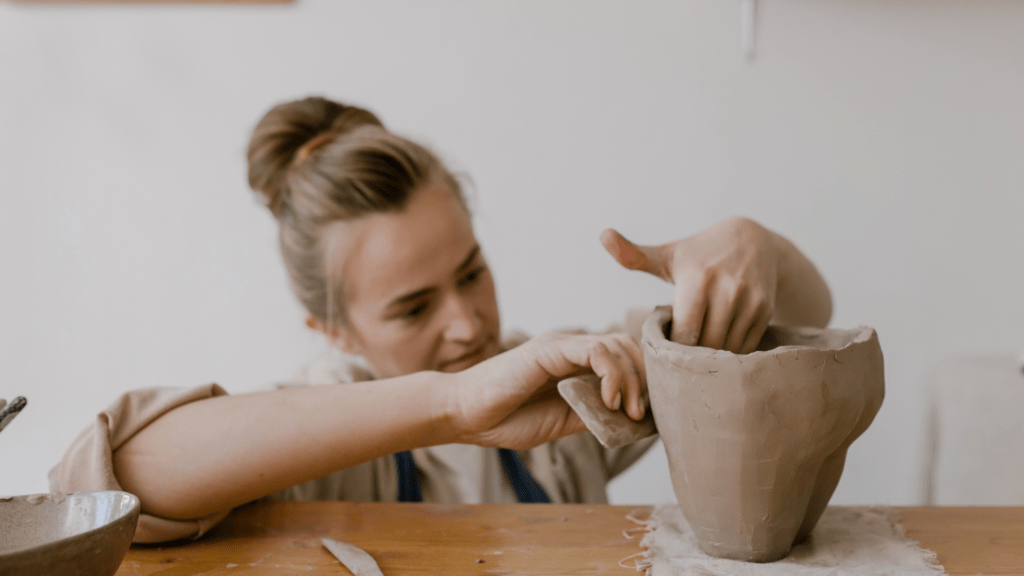Selfinflicted pain
We all have our littlemasochisms — those habits or behaviors that cause us pain, yet we continue to engage in them. Whether it’s hitting the snooze button multiple times in the morning, procrastinating on important tasks, or indulging in junk food despite knowing its consequences, these selfinflicted pains can hinder our growth and wellbeing. In this section, we will delve into the reasons behind these littlemasochisms and explore strategies to overcome them.
Understanding littlemasochisms
Definition
Littlemasochisms refer to selfdestructive behaviors that bring about physical, emotional, or psychological pain. They often stem from a desire for immediate gratification or a fear of discomfort that overrides longterm benefits.
Common examples
Snooze button addiction: repeatedly disrupting our sleep cycles for a few extra minutes of rest. Procrastination: delaying important tasks until the last minute, causing unnecessary stress. Emotional eating: using food to cope with feelings, leading to guilt and health issues.
Reasons behind littlemasochisms
Instant gratification
Littlemasochisms often provide immediate pleasure or relief, reinforcing the behavior despite its negative consequences. The temporary comfort outweighs the longterm discomfort, creating a cycle of indulgence and regret.
Fear of change
Stepping out of our comfort zone to break these patterns can be daunting, leading to a preference for familiar discomfort over uncertain change. Change requires effort, vulnerability, and uncertainty, triggering resistance to confront our littlemasochisms headon.
Breaking free from littlemasochisms
Awareness and acknowledgment
Recognizing our littlemasochisms is the first step towards change, acknowledging the impact they have on our wellbeing. Reflect on the triggers, patterns, and emotions associated with these behaviors to gain a deeper understanding of their roots.
Setting realistic goals
Start small by identifying one littlemasochism to tackle at a time, setting achievable goals to gradually shift the behavior. Break down the process into manageable steps, celebrating small victories along the way to stay motivated.
Cultivating selfcompassion
Practice selfcompassion by treating yourself with kindness and understanding, acknowledging that change is a process, not a quick fix. Be gentle with yourself when slipups occur, focusing on progress rather than perfection to foster a positive mindset.
Seeking support
Share your struggles with trusted friends, family members, or a therapist who can offer guidance, accountability, and encouragement. Join support groups or online communities to connect with others facing similar challenges, finding strength in solidarity and shared experiences.
In conclusion, overcoming our littlemasochisms requires selfawareness, courage, and perseverance. By understanding the roots of these selfdestructive behaviors and implementing strategies to break free from them, we can cultivate a healthier relationship with ourselves and lead a more fulfilling life. Remember, change is possible when we choose selfcare over selfinflicted pain.

 Christyn Stearnsio, the visionary founder of Sculpture Creation Tips, is a passionate artist with a deep love for the art of sculpting. With years of experience in the field, Christyn has dedicated her career to sharing her knowledge and expertise with others, creating a platform that serves as a comprehensive guide for sculptors at all levels. Sculpture Creation Tips is a testament to her commitment to nurturing creativity and helping artists master the delicate craft of sculpting. Through detailed tutorials, insightful articles, and a supportive community, Christyn empowers aspiring sculptors to explore their artistic potential, refine their skills, and bring their unique visions to life. Her dedication to the art form is evident in every piece of advice and inspiration she shares, making Sculpture Creation Tips a trusted resource for sculptors around the world.
Christyn Stearnsio, the visionary founder of Sculpture Creation Tips, is a passionate artist with a deep love for the art of sculpting. With years of experience in the field, Christyn has dedicated her career to sharing her knowledge and expertise with others, creating a platform that serves as a comprehensive guide for sculptors at all levels. Sculpture Creation Tips is a testament to her commitment to nurturing creativity and helping artists master the delicate craft of sculpting. Through detailed tutorials, insightful articles, and a supportive community, Christyn empowers aspiring sculptors to explore their artistic potential, refine their skills, and bring their unique visions to life. Her dedication to the art form is evident in every piece of advice and inspiration she shares, making Sculpture Creation Tips a trusted resource for sculptors around the world.
